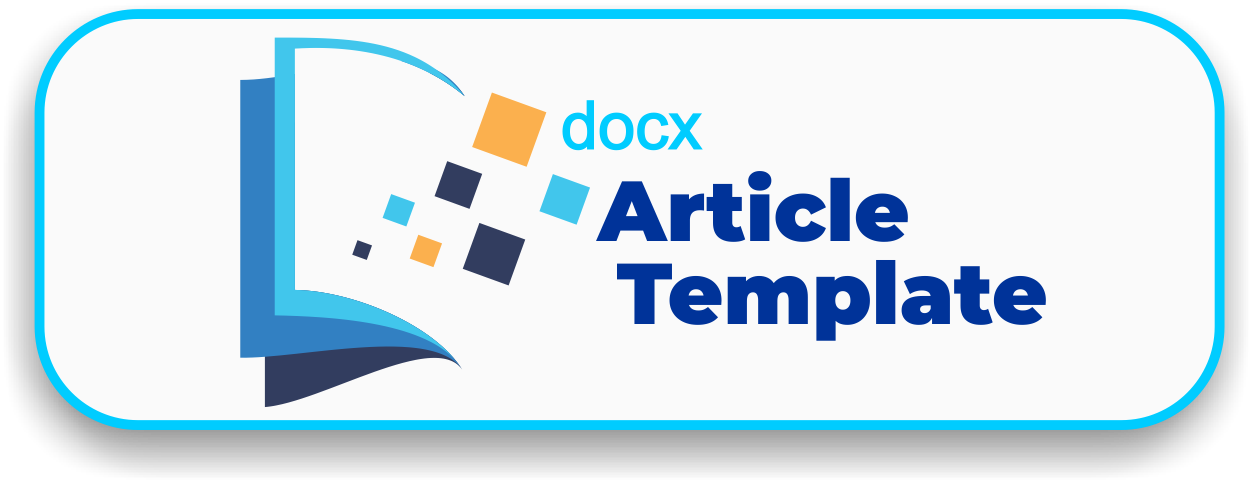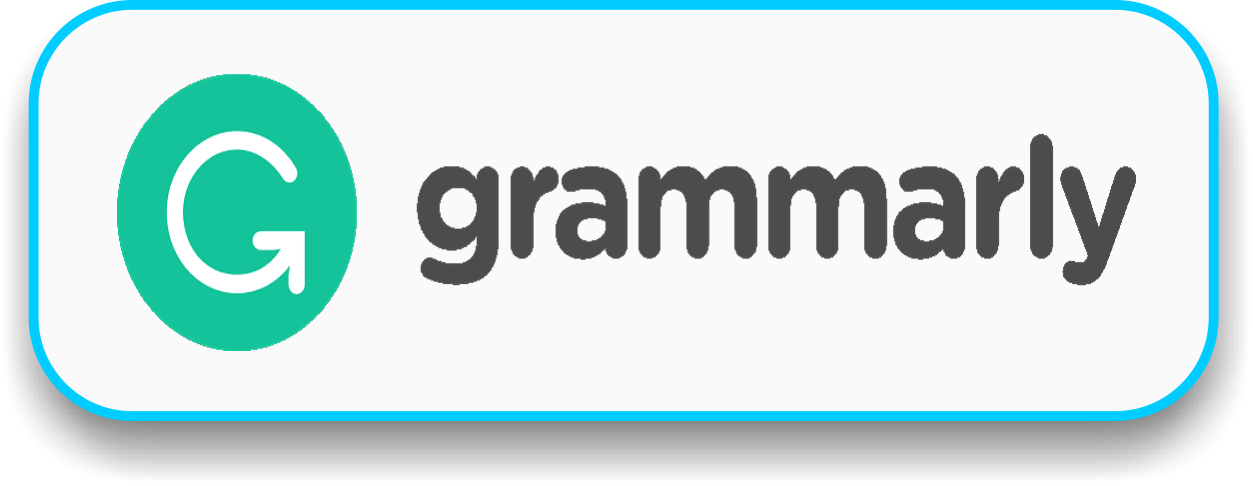Capita Selecta: Horizons of Islamic Education, Curriculum Issues, and Classical to Contemporary Learning
Abstract
This study analyses the development and transformation of Islamic education curricula from the classical era to the contemporary period, focusing on changes in systems, teaching methods, and the challenges encountered. Using a historical-comparative analytical approach, the research examines the evolution of Islamic education curricula, starting from mosque-based learning systems in the classical era, the development of madrasas in the mediaeval period, to the adoption of digital technology and modern teaching methods in the contemporary era. The findings reveal that the Islamic education curriculum has undergone significant transformations to respond to the needs of the times. It evolved from an initial focus on Quranic studies and religious sciences to a system integrating religious and general knowledge, and further to the adoption of technology and innovative teaching methods in the Society 5.0 era. Key challenges identified include balancing fundamental Islamic values with the demands of modernity, integrating technology into learning, and fostering 21st-century competencies. This study recommends developing a holistic curriculum that integrates Islamic values with technological innovations and global needs while emphasising character development and soft skills to prepare an excellent Muslim generation for the digital age.
Full Text:
PDFReferences
Abduljaber, M. F. (2024). Perceived Influence of Artificial Intelligence on Educational Leadership’s Decision-Making, Teaching, and Learning Outcomes: A Transcendental Phenomenological Study. https://digitalcommons.liberty.edu/doctoral/5714/
Agustin, M. (2024). PENDIDIKAN ISLAM DAN TEKNOLOGI. PEMIKIRAN PENDIDIKAN ISLAM, 142.
Aksan, S. M., Zein, M., & Saumur, A. S. (2023). Islamic Educational Thought on STEM (Science, Technology, Engineering, Mathematics): Perspectives and Implementation. International Journal of Trends in Mathematics Education Research, 6(4), 378–386.
Al-Ansi, A. M. (2022). Reinforcement of student-centered learning through social e-learning and e-assessment. SN Social Sciences, 2(9), 194. https://doi.org/10.1007/s43545-022-00502-9
Albar, M. K., Hamami, T., & Sukiman, S. (2024). Ecological Pesantren as an Innovation in Islamic Religious Education Curriculum: Is It Feasible? Edukasia Islamika, 9(1), 17–40.
Al-Ghazālī, A. Ḥāmid M. (1956). Iḥyā ʻulūm al-dīn.
Almazroui, K. M. (2023). Project-Based Learning for 21st-Century Skills: An Overview and Case Study of Moral Education in the UAE. The Social Studies, 114(3), 125–136. https://doi.org/10.1080/00377996.2022.2134281
Al-Naquib al-Attas, S. M. (1979). Aims and objectives of Islamic education. https://www.sidalc.net/search/Record/dig-unesdoc-ark:-48223-pf0000101217/Description
Aripin, A. (2024). Tantangan pengembangan kurikulum pendidikan Islam dan strategi pengembangannya dalam menghadapi tuntutan kompetensi masa depan. Jurnal Al-Mufidz: Jurnal Pendidikan Agama Islam, 1(2), 121–142.
Ashraf, S. A. (1985). New horizons in Muslim education (Vol. 1). Hodder & Stoughton. https://ixtheo.de/Record/1111313571
Azra, A. (2019a). Pendidikan Islam: Tradisi dan modernisasi di tengah tantangan milenium III. Prenada Media.
Azra, A. (2019b). Pendidikan Islam: Tradisi dan modernisasi di tengah tantangan milenium III. Prenada Media.
Berkey, J. P. (2014). The transmission of knowledge in medieval Cairo: A social history of Islamic education (Vol. 183). Princeton University Press.
Dallal, A. (2010). Islam, science, and the challenge of history. Yale University Press.
Daud, M. N. W. (1998). The educational philosophy and practice of Syed Muhammad Naguib Al-Attas: An exposition of the original concept of Islamization. https://philpapers.org/rec/DAUTEP
Djazilan, M. S., & Hariani, M. (2022). Implementation of E-Learning-Based Islamic Religious Education. Bulletin of Science, Technology and Society, 1(2), 14–21.
El-Mubarak, A. M. O. I., & Hassan, I. (2021). Challenges of Islamic Education in the Era of Globalization: A Proposed Holistic Solution. International Journal of Academic Research in Progressive Education and Development, 10(3), 337–349.
Frimayanti, A. I. (2017). Latar Belakang Sosial Berdirinya Lembaga Pendidikan Islam Terpadu di Indonesia. Al-Tadzkiyyah: Jurnal Pendidikan Islam, 6(1), 27–45.
Gary, K. (2015). Project-based learning. Computer, 48(9), 98–100.
Ghazzālī. (1963). Muslim Intellectual. A study of Al-Ghazali. Edinburgh University Press.
Hajri, M. F. (2023). Pendidikan Islam di Era Digital: Tantangan dan Peluang pada Abad 21. Al-Mikraj Jurnal Studi Islam Dan Humaniora (E-ISSN 2745-4584), 4(1), 33–41.
Hashim, C. N., & Langgulung, H. (2008). Islamic religious curriculum in Muslim countries: The experiences of Indonesia and Malaysia. Bulletin of Education & Research, 30(1), 1–19.
Hefner, R. W., & Zaman, M. Q. (Eds.). (2010). Schooling Islam: The Culture and Politics of Modern Muslim Education. Princeton University Press. https://doi.org/10.1515/9781400837458
Hidayatullah, S., Ikbal, M., Ismail, I., Zuhri, M., & Nurhaliza, P. (2024). Development of Modern Science and Classical Islamic Philosophy. Nida Al-Qur’an: Jurnal Pengkajian Islam, 5(1), 9–18.
Hodgson, M. G. (1974). The venture of Islam. Conscience and History in a World Civilization, 3, 134–161.
Hourani, A. (1983). Arabic thought in the liberal age 1798-1939. Cambridge University Press.
Huda, N. (2015). Sejarah Sosial Intelektual Islam di Indonesia. (No Title). https://cir.nii.ac.jp/crid/1130282270078919808
Iqbal, M. (2018). Islam and science. Routledge. https://www.taylorfrancis.com/books/mono/10.4324/9781315195698/islam-science-muzaffar-iqbal
Isbah, F. (2024). DIGITAL ISLAM: CHALLENGES AND OPPORTUNITY OF ISLAMIC EDUCATION IN DIGITAL ERA. Proceeding International Conference on Islam and Education (ICONIE), 3(1), 939–949. http://103.142.62.229/index.php/iconie/article/view/1735
Keddie, N. R. (1972). Sayyid Jamāl ad-Dīn" al-Afghānī": A political biography. University of California Press. https://www.fulcrum.org/concern/monographs/cc08hf731.html
Lukens-Bull, R. (2005). A peaceful jihad: Negotiating identity and modernity in Muslim Java. Springer.
Makdisi, G. (2019). Rise of colleges. Edinburgh University Press.
Muhaimin, M. (2011). Pemikiran dan aktualisasi pengembangan pendidikan Islam. Rajawali Press. http://repository.uin-malang.ac.id/1114/
Muhammedi, M. (2016). Pendidikan Islam Klasik: Telaah Sosio-Historis Kurikulum Pendidikan Islam Periode 650-1250 M. Jurnal As-Salam, 1(2), 1–13.
Musyafak, M., & Subhi, M. R. (2023). Strategi Pembelajaran Pendidikan Agama Islam dalam Menghadapi Tantangan di Era Revolusi Industri 5.0. Asian Journal of Islamic Studies and Da’wah, 1(2), 373–398.
Muzaini, M. C., Prastowo, A., & Salamah, U. (2024). Peran Teknologi Pendidikan Dalam Kemajuan Pendidikan Islam di Abad 21. IHSAN: Jurnal Pendidikan Islam, 2(2), 70–81.
Nasr, S. H. (1976). Islamic science: An illustrated study. https://repository.library.georgetown.edu/handle/10822/772803
Novianto, M. A., & Abidin, M. (2023). Implementasi Kurikulum Merdeka Belajar dalam Meningkatkan Kualitas Pembelajaran di Madrasah Aliyah Muhammadiyah 2 Kedungkandang Malang. Al-Fahim: Jurnal Manajemen Pendidikan Islam, 5(2), 241–251.
Pahrudin, A., Wakidi, W., & Anggini, V. (2023). Curriculum Development Management of Islamic Education in The Internet of Things Era. Jurnal Penelitian Pendidikan Islam, 11(2), 150–167.
Ramayulis, M. P. A. I. (n.d.). Ilmu Pendidikan Islam, Jakarta: Kalam Mulia, 2015, Cet. Ke-XII.
Rambe, A. A., Syahidin, S., Supriadi, U., Fakhruddin, A., Bujang, B., Maswar, R., & Rasyid, A. (2024). The Relevance of Ibn Khaldun’s Educational Methods to Contemporary Education. Ahlussunnah: Journal of Islamic Education, 3(1), 10–19.
Ramdane, T., & Souad, M. (2020). Islamic curriculum. In Oxford Research Encyclopedia of Education.
Rethinking Islamic Education: Challenges and Opportunities. (n.d.). ResearchGate. Retrieved November 28, 2024, from https://www.researchgate.net/publication/360893086_Rethinking_Islamic_Education_Challenges_and_Opportunities
Sahin, A. (2018a). Critical issues in Islamic education studies: Rethinking Islamic and Western liberal secular values of education. Religions, 9(11), 335.
Sahin, A. (2018b). Critical issues in Islamic education studies: Rethinking Islamic and Western liberal secular values of education. Religions, 9(11), 335.
Sahin, A. (2018c). Critical issues in Islamic education studies: Rethinking Islamic and Western liberal secular values of education. Religions, 9(11), 335.
Sappe, S. (2020). Differences in knowledge science in Islamic education philosophy perspective. International Journal of Asian Education, 1(1), 1–8.
Saputra, E. (2021). Konsep Kurikulum Pendidikan Islam Menurut Muhammad Natsir. AT-TA’DIB: JURNAL ILMIAH PRODI PENDIDIKAN AGAMA ISLAM, 60–72.
Sardar, Z. (2017). Reading the Qur’an: The contemporary relevance of the sacred text of Islam. Oxford University Press. https://books.google.com/books?hl=id&lr=&id=gIlNEAAAQBAJ&oi=fnd&pg=PP1&dq=The+Qur%27an+and+Hadith,+for+example,+can+facilitate+interactive+learning+about+sacred+texts,+their+translations+and+interpretations&ots=WEihtAmSr7&sig=a7_PfEbF5aosY1--Wvl-pXBZwDc
Scharbrodt, O. (2022). Muhammad ‘Abduh: Modern Islam and the Culture of Ambiguity. Bloomsbury Publishing. https://books.google.com/books?hl=id&lr=&id=pRp8EAAAQBAJ&oi=fnd&pg=PP1&dq=Muhammad+%27Abduh+and+the+Transposition+of+Some+Western+Concepts+to+Arabic&ots=rRWoJaZe8W&sig=f5xvZrn52el8ps-0OEZ1UjJ2KzU
Steenbrink, K. A. (1986). Pesantren, madrasah, sekolah: Pendidikan Islam dalam kurun moderen. (No Title). https://cir.nii.ac.jp/crid/1130282269277457920
Sugiyarti, E. (2021). Implementasi Pendidikan Agama Islam Berbasis Skill Abad 21 Dalam Mengembangkan Perilaku Enterpreneurship Peserta Didik Di SMK Negeri 2 Metro [PhD Thesis, IAIN Metro]. http://repository.metrouniv.ac.id/id/eprint/4808/
Suryadi, A. (2024). Dinamika Pendidikan Islam: Perspektif Historis Dan Tantangan Modern. CV Jejak (Jejak Publisher). https://books.google.com/books?hl=id&lr=&id=UWcQEQAAQBAJ&oi=fnd&pg=PP1&dq=Periode+ini+terjadi+dualisme+pendidikan,+dimana+sistem+madrasah+tradisional+berdampingan+dengan+sekolah+modern+yang+mengadopsi+kurikulum+Barat&ots=pi-cejWb4h&sig=Zdom8__vFwJf2IncN35DhKJIp58
Suwendi, S., Mesraini, M., Azka, F. L., & Gama, C. B. (2024). Implementation of Knowledge Integration in Islamic Higher Education. Jurnal Pendidikan Islam, 10(1), 41–52.
Tolchah, M., & Mu’ammar, M. A. (2019). Islamic Education in the Globalization Era. Humanities & Social Sciences Reviews, 7(4), 1031–1037.
Watt, W. M. (n.d.). Muslim Intellectual: A Study of al-Ghazali (Edinburgh: 1963). Umlauf Und Funde Islamischer Münzen in Deutschland (Mittelalter & Neuzeit), 2.
Yousef, W., Al Murshidi, G., Asrori, A., Hadi, M. F., Huda, M., & Lovat, T. (2024). The Development of Islamic Education Curriculum from the Quranic Perspective. Ar-Fachruddin: Journal of Islamic Education, 1(2), 93–123.
Zaman, M. Q. (2010). The Ulama in Contemporary Islam: Custodians of Change. Princeton University Press. https://doi.org/10.1515/9781400837519
DOI: https://doi.org/10.31869/jkpu.v8i1.6302
Article Metrics
Abstract view : 0 timesPDF - 0 times
Refbacks
- There are currently no refbacks.
Indexed by:
Supported by Association

This work is licensed under a Creative Commons Attribution-NonCommercial-NoDerivatives 4.0 International License.
Anda adalah pengunjung ke :






















